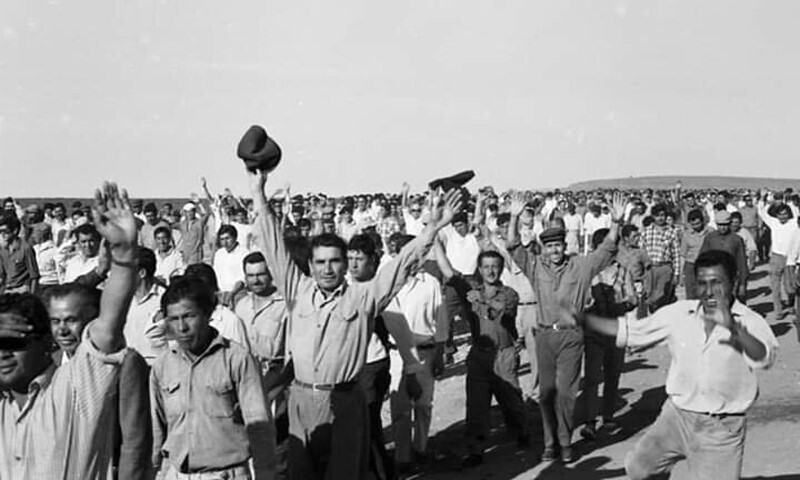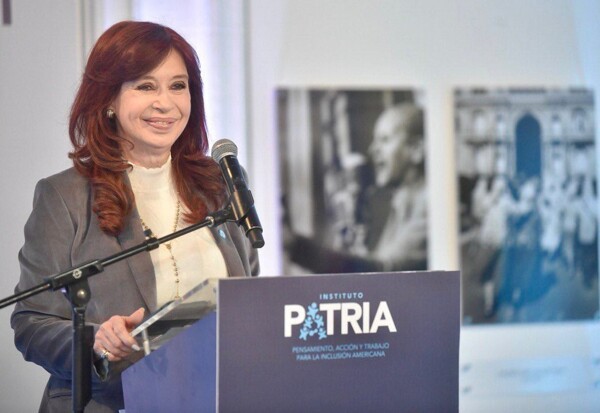
In mid-December, workers from Impregilo Sollazzo S.A. started a conflict demanding job security, following the deaths of several laborers due to rockfalls. The company was forced to accept the election of three representatives to advocate for the workers. Despite the initial victory, the employer fired the elected representatives, triggering a strike that lasted until March 14, 1970, during the military dictatorship in Argentina.
The workers' resistance was organized through mass assemblies, worker guards, and active participation from families. Women from different nationalities played a crucial role in the struggle, providing material and emotional support to their husbands on strike, challenging gender stereotypes and facing police repression.
There were moments of tension and violence, with police attempting to arrest the representatives and repressing the assemblies. However, the workers stayed united, even when security forces occupied the hydroelectric plant using the gendarmerie.
Solidarity was fundamental for the prolongation of the strike, with workers from various provinces and neighboring countries united in the fight for better working conditions. Despite attempts to wear them down by the company and the union bureaucracy, the workers maintained their resistance and organization, demonstrating the strength of class struggle and workers' determination in a context of dictatorial oppression.
The Choconazo, as this episode of struggle was known, left a legacy of unity, solidarity, and resistance that inspired other workers throughout the country, strengthening the anti-employer, anti-bureaucratic, and anti-dictatorial sentiment. Women, who played key roles during the strike, challenged gender stereotypes and actively contributed to the fight for labor rights and human dignity in an adverse context.














